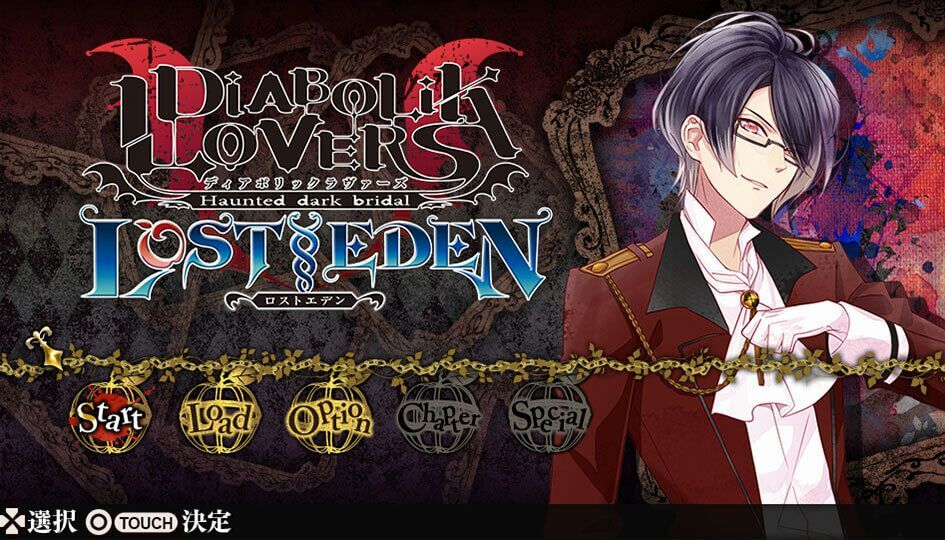
Of his bisexuality, he described himself in the 90s as “ a bisexual man who has yet to have a homosexual experience.”īrian Molko – bisexual – Lead vocalist and guitarist of Placebo. In the 90s, he had a trademark androgynous appearance. It’s very common for politicians to not stand up and do the right thing and only support policies when it’s politically convenient or popular.īrett Anderson – bisexual – Lead vocalist and lyricist of Britpop group, Suede.

At that time, President Obama didn’t (publicly) support marriage equality and she criticised him for not talking about marriage equality and the fact that many states at the time were trying to outright ban same sex marriage. In 2009, she sang “America The Beautiful” at the National Equality March in Washington DC. She is openly bisexual and has spoken about her struggles with not feeling “gay enough”. I just want to see your face”īillie Myers – bisexual – One hit wonder known for the 1997 hit, “Kiss the Rain”. “ Some days the line I walk turns out to be straight. Her song “In Or Out” talks about her sexuality. She came out as bisexual in the 90s and has written love songs about men and women. All of her albums are released through her own label. She’s always been an independent musician, starting her own record label called Righteous Babe Records because she’s a progressive who takes an anti-corporate stance and she wanted artistic freedom, which a major record label would never give her. Throughout her music career, she has done activism for the anti-war, pro-choice, feminist, environmentalist, music education, and pro-LGBT causes. If you want to check out other LGBT related posts check out my posts on LGBT themed songs of the 60s, 70s, and 80s and my post on classic rock musicians in drag.Īni DiFranco – bisexual – Folk/alternative singer-songwriter who started her career in the early 90s. Without further ado, LGBT musicians of the 90s! My LGBT musicians of the 50s, 60s, 70s, and 80s post is still to this day the most popular post in my blog’s history and it’s only right that I make a sequel for the 90s. Time has flown and it means that I can’t avoid talking about the 90s anymore. Generally speaking, when 30 years have passed since a decade, that decade is now considered classic rock. Ehrlich - who’s in residence at the Stone all week, with a range of groups - will have his own instruments at the ready.When starting this blog, I originally focused on the 60s and 70s, but I’ve since expanded to talking about the 80s and 90s as that’s now considered classic rock. It’s a stunning performance, which he’ll reprise in a scaled-down version of the piece at the Stone, in the East Village, on Friday night. Parran, who reads the poem (in an impassioned cry) and also provides musical commentary (on bass saxophone). And the title track, named after a poem by Arthur Brown, unfolds as a concert piece, beginning in salutary fanfare and ending, 23 minutes later, with something like a solemn valediction. Erhlich first performed with a big band back in 1992, set up here to feature the pianist Uri Caine. Other pieces serve less sprawling purposes, like “M Variations (Melody for Madeleine),” a swinging idyll that Mr. It’s all episodic but flowing, and the center holds. Later in the suite, there comes a graceful waltz (“This Graceful Waltz”), which segues, via some braying cacophony, into soulful elegy (“ ‘Didn’t Know the Levees Would Break’ Blues”). One early section makes the most of Jerome Harris’s slide guitar, with a chorus of horns - notably Ray Anderson and Curtis Fowlkes on trombone - chattering above. One of several long tracks is “Rundowns and Turnbacks,” a suite loosely inspired by the Delta blues. Instead, he functions strictly as conductor, overseeing a coalition of other intelligent players, many of them among his longest-running peers. None of which factors directly into “A Trumpet in the Morning,” his ambitious new recording for large ensemble. Marty Ehrlich has a grounded but singing tone on alto saxophone and clarinet, and a mature, intuitive way of threading his way through a song. But it doesn’t depend entirely on nostalgia, either there’s always another catchy refrain on the way. “Magic Hour” doesn’t discourage nostalgia for an era of teasing, non-bombastic dance music.

Listen to some of the best new recordings here.


 0 kommentar(er)
0 kommentar(er)
